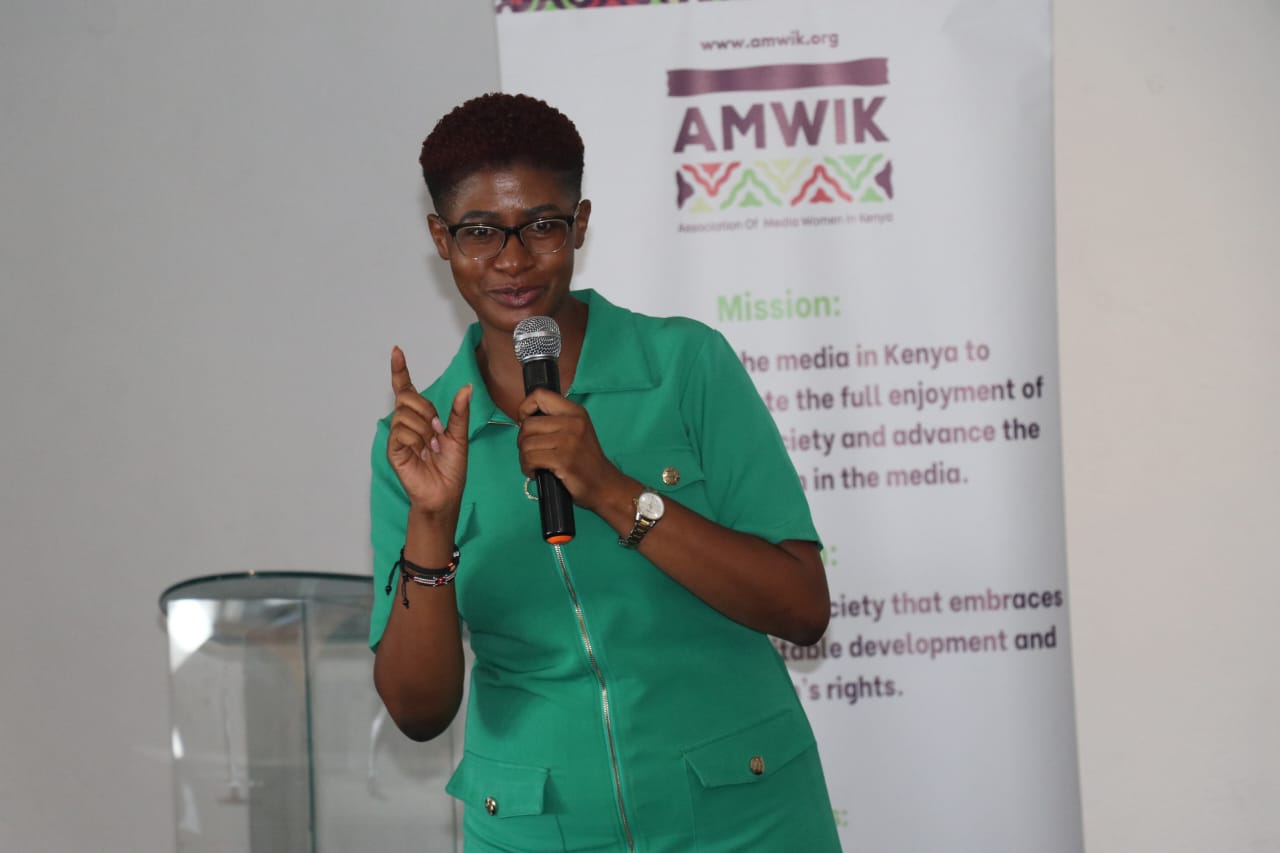
The Media Council of Kenya (MCK) has underscored the urgent need for journalists to embrace responsible digital practices in response to the growing threat of Technology-facilitated Gender-Based Violence (TFGBV).
Speaking in Mombasa during a training of trainers (ToT), MCK Mombasa Regional Coordinator Maureen Mudi urged journalists to uphold the “Do No Harm” principle, warning against reporting practices that could lead to psychological, physical or reputational harm.
“We operate in an environment that is politically, socially and ethnically sensitive. If we don’t verify information before publishing, especially online, we risk spreading panic and damaging lives. Journalists must take greater care, especially given the speed and reach of digital media,” said Ms Mudi during the training for journalists and human rights defenders.
Ms Mudi inferred that the competition between traditional and digital media has led to sensationalism, often at the expense of accuracy. She urged journalists to prioritise verification, fact-checking and the appropriate use of digital tools, including emerging technologies such as artificial intelligence.
“The power of AI must be matched with responsibility. We need to ensure our newsrooms are equipped to handle the challenges that come with it,” she added.
AMWIK Executive Director Queenter Mbori highlighted the need to create safe spaces for female journalists in the digital and physical fronts.
She equally underscored the importance of sensitive and transformative reporting on controversial subjects such as reproductive health and particularly those covering gender and politics.
“When we report on stories like the 8,000 abortion cases, we must avoid shaming women. Our role is not just to inform but to change perspectives, shift narratives and drive social impact,” she noted.
Ms Mbori also called for stronger protections and support mechanisms for female journalists who often face gendered attacks online and advocated for the adoption of transformative journalism.
“This is more than just a workshop, it’s a foundation for long-term change. We’re building a future where women can thrive in journalism without fear and where every story told respects the dignity and rights of those it features,” said Mbori.
She stressed the need to roll out sensitisation and safety training for female journalists across the Coast region, to strengthen professional support networks and foster a culture of safety within newsrooms.